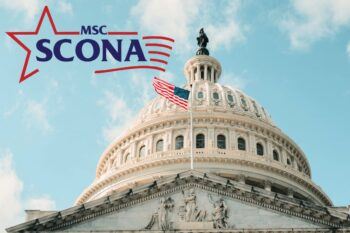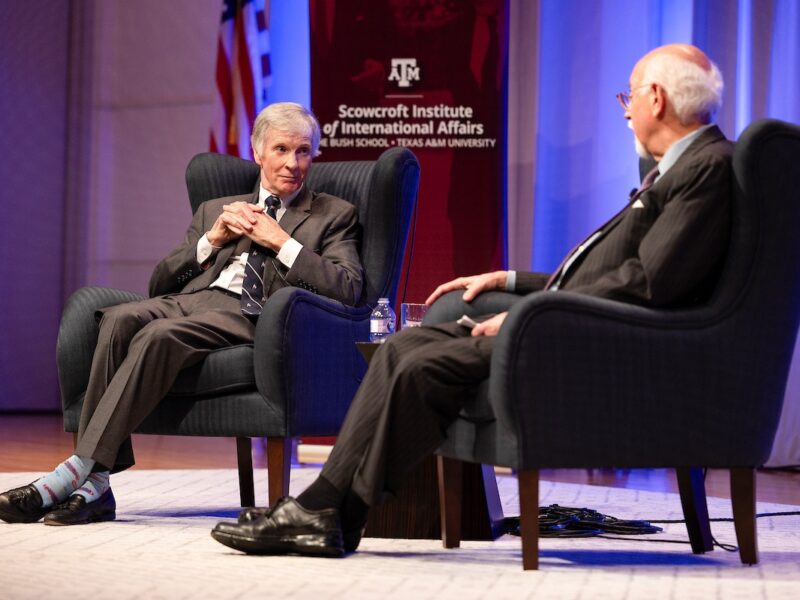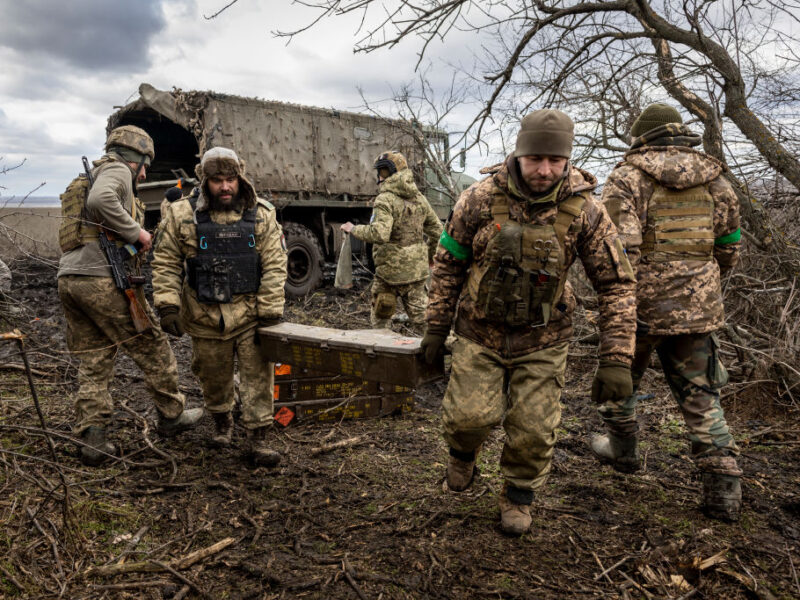MSC SCONA Focuses On Creating Vision For Next Decade

The 69th Memorial Student Center Student Conference On National Affairs (MSC SCONA) is set for Feb. 15-17. Students from across the country will visit the Texas A&M University campus to explore the nation’s global approach to the economic, technological and political changes that will be encountered over the next decade.
Through roundtable working groups, undergraduate and graduate delegates will work with the guidance of experts in national security, domestic policy, economics, energy and more to seek solutions to national challenges.
“The conference allows students to engage in the discussion of national affairs today,” said Cameryn Jones ‘24, vice chair of communications for MSC SCONA. “It prepares them to contribute to the solutions in the future, while experiencing Aggieland and the deep traditions and values that define this university.”
Jones said the conference speakers each bring a unique perspective to create an impactful experience. The speeches are open to the public and will be in the Gates Ballroom (MSC 2400) in the Memorial Student Center.
- Larry Smith, CEO of Tokyo Electronics U.S., will speak at 11 a.m. on Feb. 15.
- Lt. Gen. Dimitri Henry ‘88, director for Intelligence, Joint Chiefs of Staff, will speak at 4 p.m. on Feb. 15.
- Dr. James Peery ‘90, director of Sandia National Labs, will speak at 11:15 a.m. on Feb. 16.
“This year, our speakers come from a diverse grouping of career fields to represent the complexity of the decisive decade,” said Rockney Reid ‘24, vice chair of logistics. “We have Lt. Gen. Dimitri Henry speaking on the role of intelligence and the military in this next era of national security. Larry Smith and Dr. James Peery will speak on how innovation and critical technologies will reshape the world.”
Ethan Finney ‘24, chair of MSC SCONA, said the conference gives students an opportunity to shape the conversation around national affairs and work toward the solutions of the future.
“What we hope to do with the conference is what we have done since 1955 — allow students to participate in and affect the future of policy,” Finney said. “In a time where global leaders, the United States included, are constantly tested by competition, the White House has identified the upcoming years as the ‘Decisive Decade.’ As this Decisive Decade begins its final years, it’s increasingly important for this generation of students to seek involvement.”
Media contacts:
- Katelyn Preston, scona.exmarketing@gmail.com
- Cameryn Jones, scona.coc@gmail.com





